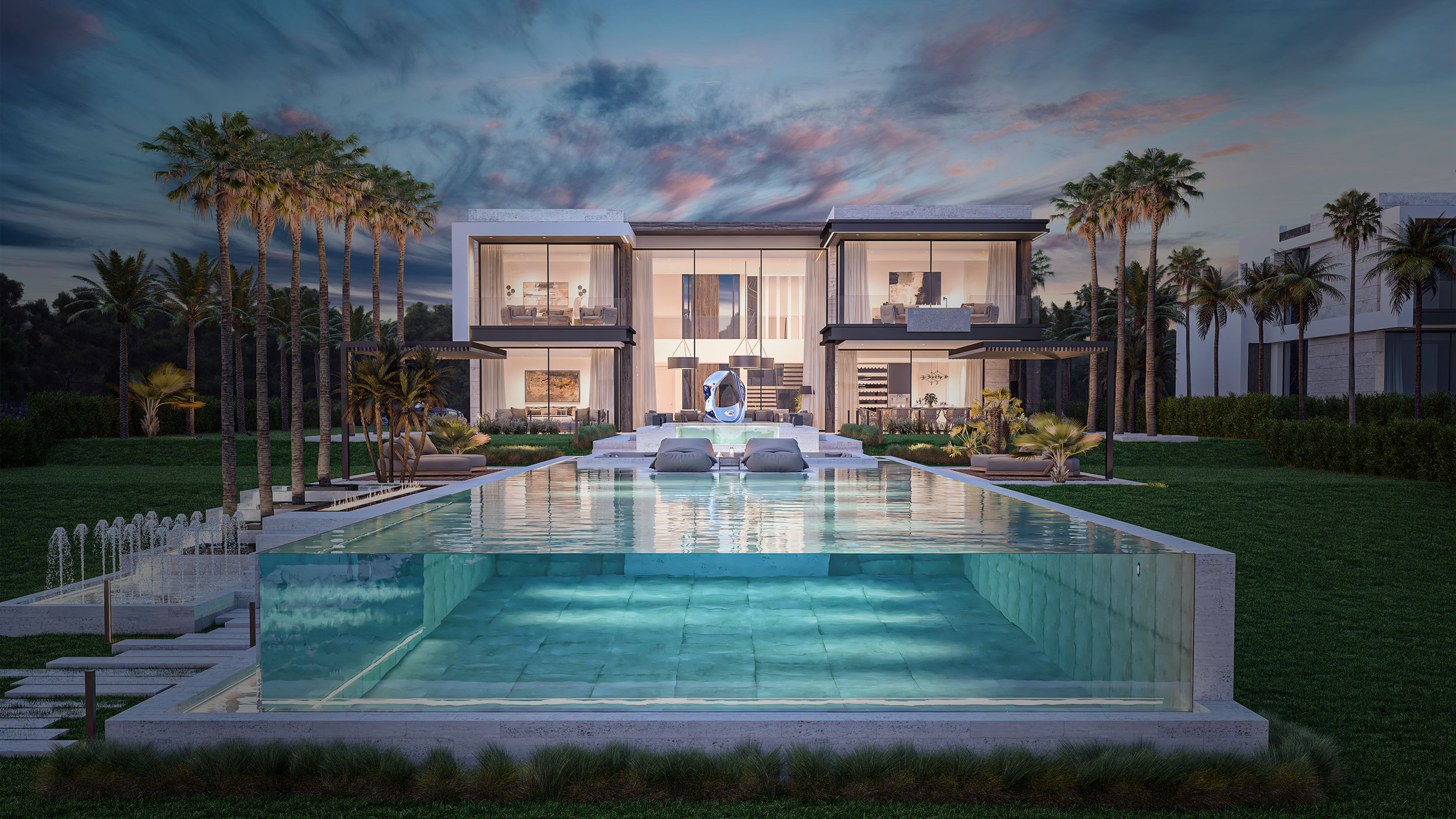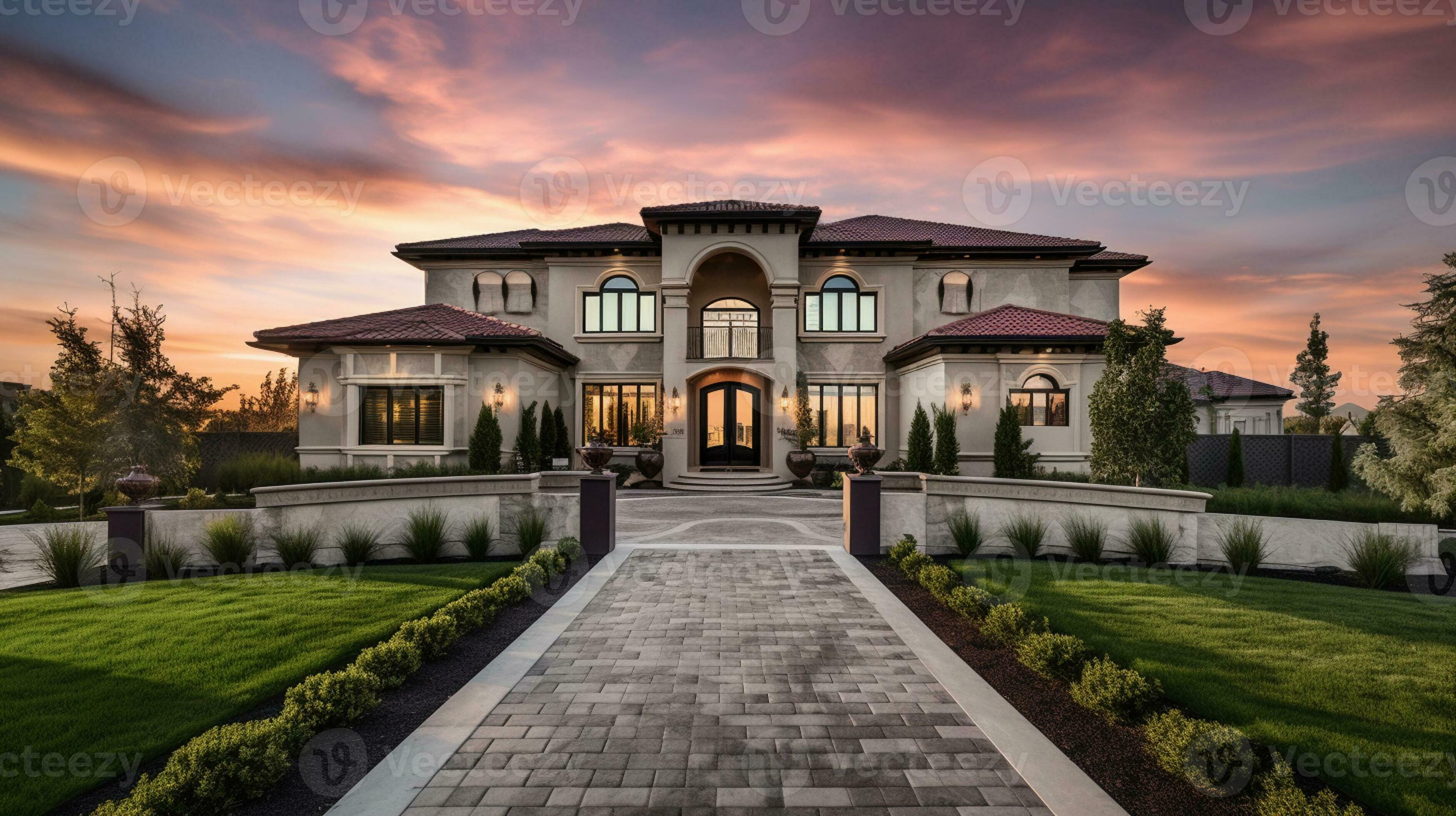
Absolutely! Here’s a 1,200-word article on luxury car trends to watch in 2025, focusing on key areas like electrification, personalization, sustainability, and technology.
Luxury Car Trends to Watch in 2025: A Glimpse into the Future of Automotive Opulence
The luxury car market is perpetually in motion, driven by technological advancements, shifting consumer preferences, and a growing emphasis on sustainability. As we approach 2025, several key trends are poised to reshape the landscape of automotive opulence, redefining what it means to travel in style and comfort.
1. The Electrification Revolution: Beyond Performance, Embracing Sustainability
The transition to electric vehicles (EVs) is no longer a futuristic concept; it’s a present-day reality, and the luxury car segment is leading the charge. By 2025, expect a significant increase in the availability of all-electric luxury cars and plug-in hybrid models. This shift is driven by:
- Stringent Emissions Regulations: Governments worldwide are implementing stricter emissions standards, pushing automakers to invest heavily in electric powertrains.
- Consumer Demand: Luxury car buyers are increasingly conscious of their environmental impact and are actively seeking eco-friendly alternatives.
- Technological Advancements: Battery technology is rapidly improving, leading to longer ranges, faster charging times, and enhanced performance.
What to Watch For:
- Ultra-Luxury EVs: Brands like Rolls-Royce, Bentley, and Mercedes-Maybach are developing all-electric models that will redefine the pinnacle of automotive luxury. Expect opulent interiors, whisper-quiet cabins, and cutting-edge technology.
- Performance-Oriented EVs: Companies like Porsche and Audi are pushing the boundaries of electric performance with high-powered EVs that rival traditional sports cars. Expect blistering acceleration, advanced handling systems, and track-ready capabilities.
- Extended Range and Fast Charging: Battery technology will continue to evolve, leading to EVs with ranges exceeding 500 miles and charging times of under 30 minutes. This will alleviate range anxiety and make EVs more practical for long-distance travel.
2. The Rise of Hyper-Personalization: Tailoring the Experience
Luxury has always been about exclusivity and individuality, and in 2025, the ability to personalize every aspect of the driving experience will be paramount. Automakers are leveraging advanced technologies to offer unprecedented levels of customization, allowing buyers to create cars that truly reflect their personal style and preferences.
Key Elements of Hyper-Personalization:
- Bespoke Design: Luxury brands will offer a wider range of exterior colors, interior materials, and trim options, allowing buyers to create unique and personalized designs.
- Advanced Configurators: Online configurators will become more sophisticated, allowing buyers to visualize their personalized cars in realistic detail and experiment with different combinations of options.
- Digital Personalization: Infotainment systems will learn driver preferences and automatically adjust settings such as seat position, climate control, and audio preferences.
- Subscription Services: Automakers will offer a range of subscription services that allow buyers to access features such as advanced driver-assistance systems (ADAS), premium audio systems, and concierge services on a pay-per-use basis.
3. Sustainable Luxury: Eco-Consciousness and Ethical Sourcing
Luxury car buyers are increasingly concerned about the environmental and social impact of their purchases. In 2025, expect a greater emphasis on sustainable materials, ethical sourcing, and responsible manufacturing practices.
Key Trends in Sustainable Luxury:
- Vegan Interiors: Many luxury brands are offering vegan interiors made from sustainable materials such as recycled plastics, plant-based leather alternatives, and sustainably sourced wood.
- Recycled Materials: Automakers are incorporating more recycled materials into their cars, including recycled aluminum, steel, and plastics.
- Carbon-Neutral Manufacturing: Some luxury brands are striving to achieve carbon-neutral manufacturing by investing in renewable energy, reducing waste, and offsetting their carbon emissions.
- Ethical Sourcing: Automakers are paying closer attention to the sourcing of their materials, ensuring that they are obtained in an ethical and sustainable manner.
4. The Autonomous Driving Revolution: Enhanced Safety and Convenience
Autonomous driving technology is rapidly advancing, and by 2025, expect to see more luxury cars equipped with advanced driver-assistance systems (ADAS) that offer a higher level of autonomy.
Levels of Autonomy:
- Level 2: Partial automation, where the car can control steering, acceleration, and braking in certain situations, but the driver must remain attentive and ready to take control at any time.
- Level 3: Conditional automation, where the car can handle most driving tasks in certain conditions, such as highway driving, but the driver must still be available to intervene if necessary.
- Level 4: High automation, where the car can handle all driving tasks in certain conditions, without any driver intervention required.
Benefits of Autonomous Driving Technology:
- Enhanced Safety: ADAS can help to prevent accidents by providing warnings, intervening in emergencies, and taking over control of the car in dangerous situations.
- Increased Convenience: Autonomous driving technology can make driving more relaxing and enjoyable, especially on long journeys.
- Reduced Congestion: Autonomous cars can communicate with each other to optimize traffic flow and reduce congestion.
5. The Digital Cocoon: Immersive and Connected Experiences
Luxury cars are becoming increasingly connected and immersive, offering occupants a wide range of digital amenities and entertainment options.
Key Features of the Digital Cocoon:
- Advanced Infotainment Systems: Expect larger, higher-resolution displays, more intuitive user interfaces, and seamless integration with smartphones and other devices.
- Augmented Reality (AR) Head-Up Displays: AR head-up displays will project information onto the windshield, providing drivers with real-time navigation, safety alerts, and other important information.
- Premium Audio Systems: Luxury cars will continue to feature state-of-the-art audio systems that deliver an immersive and concert-like listening experience.
- Connectivity and 5G: Expect seamless connectivity and access to a wide range of online services, including streaming entertainment, cloud-based navigation, and over-the-air software updates.
6. The Reimagining of Space and Form: Prioritizing Comfort and Well-being
Luxury car design is evolving to prioritize comfort, well-being, and a sense of sanctuary.
Key Design Trends:
- Spacious Interiors: Expect more spacious cabins with ample legroom, headroom, and storage space.
- Ergonomic Seating: Seats will be designed for maximum comfort and support, with features such as massage functions, ventilation, and adjustable lumbar support.
- Ambient Lighting: Customizable ambient lighting will create a relaxing and inviting atmosphere.
- Advanced Climate Control: Climate control systems will be more sophisticated, with features such as air purification, aromatherapy, and individual temperature controls for each passenger.
Conclusion:
The luxury car market is on the cusp of a significant transformation, driven by electrification, personalization, sustainability, and technology. By 2025, expect to see a new generation of luxury cars that are not only more opulent and technologically advanced but also more environmentally friendly and socially responsible. These trends will redefine the very essence of automotive luxury, creating experiences that are more personal, more sustainable, and more enjoyable than ever before.
